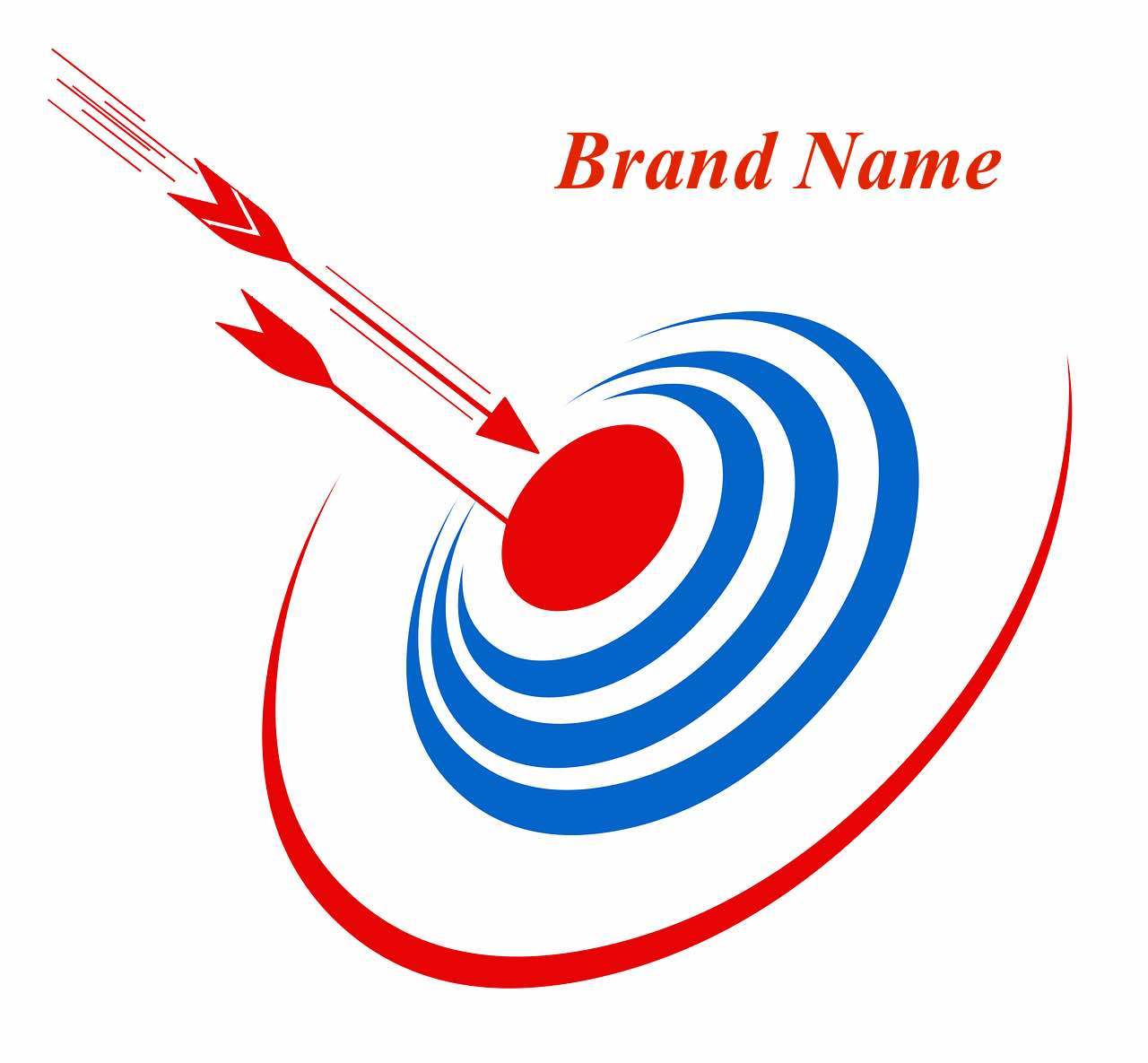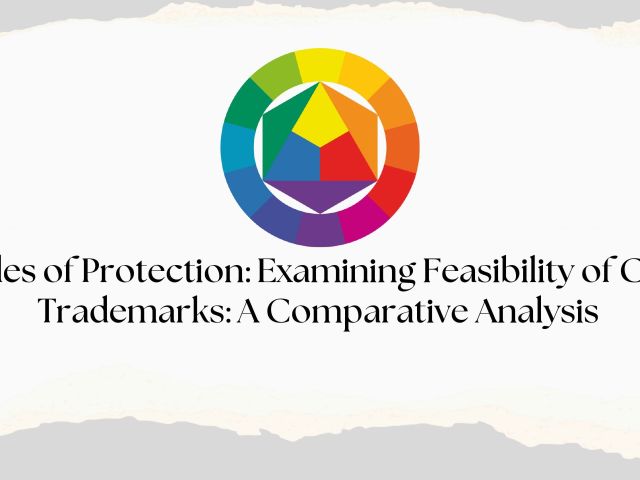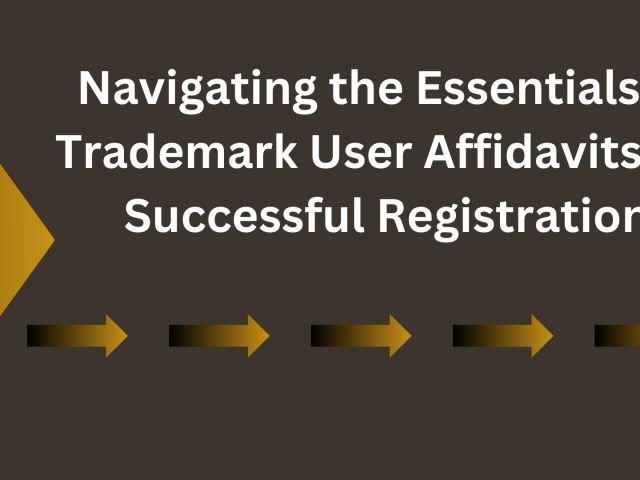Brand name registration
Business entities or individuals use brand names and logos for business. Registration of brand name or logo registration is necessary to protect the goodwill and reputation of one’s business from competitors. Selecting a solid brand name is very important as it distinguishes the mark from other available marks in the trade. The use of a word that other traders commonly require is to be avoided. Mainly, the idea behind using a trademark is to distinguish one’s own products from those of others. In order for a brand name registration, it should be “capable of distinguishing” the trademarked goods or services from those of other traders. A brand name should be appealing and have an agreeable image or connotation.
Trying to market a poor brand name or logo similar or identical to another registered mark may entangle you in legal disputes. Therefore, before registering a brand name or logo, it is essential to know the trademarks prohibited under the trademark law.
Brand name registration allowed:
Distinctive brand names, surnames, proper names, and coined words can be registered as a trademark. For example, Birla Corporation Limited uses its surname Birla as its trademark. A trademark can be registered if it can distinguish its product in the market and is not used to deceive or confuse the customer.
Brand name registration not allowed:
Trademark registration of the following marks [brand names] is prohibited under the trademark law:
Trademarks Devoid of distinctive character
A trademark that does not distinguish goods and services from others describes the nature and quality of goods and services or has become customary in respect of the relevant goods or services that cannot be registered. For example, Otis’s trademark “Escalator” for moving staircases became a generic trademark. And therefore, the Trademark Office concluded that Otis could not use its brand since the mark has become customary for moving stairs.
Marks that Deceive or confuse the customer
A mark imitates a well-known trademark for the same or similar goods and can deceive consumers cannot be registered as a trademark. For example, Using the mark “Colmate” with a similar “Colgate” for toothpaste would not be registered as a trademark.
Scandalous marks
Marks that can hurt religious sentiments or contains obscene matter cannot be registered. For example, the mark “Hallelujah” for clothing was not given registration.
Prohibited marks
A mark where the application for registration is in bad faith, or seal/flag of the Republic or other countries, or a mark prohibited under the law cannot be registered. For example- The national flag of a nation.
Shape of goods
If the shape of the good results like the goods or gives technical results and substantial value, such a mark cannot be registered. This is because it would limit the development of industries that manufacture it. For example, the shape of Vienetta ice cream that resulted from the nature of the product itself was held not registrable.
Earlier trademark
Any mark similar to an earlier trademark in identity and similarity in goods and services cannot be registered. For example, another “Kodak” for the camera or “Fair and lovely” for cosmetics would not be registered as a trademark.
Geographical Names
Geographical names cannot be used when a particular place is famous for a specific good/ service. For example, “Nilgiris” cannot be used for tea since Nilgiri is renowned for its tea. However, if there is no connection between a particular place and a product, it can still be registered. For example, “the North Pole” for ice creams can be registered since the North Pole is not connected to ice creams. These simple rules should be considered while selecting a good trade name. Keeping these rules in mind, one can choose a firm brand name that would be distinctive, legally enforceable, and easily registrable.




